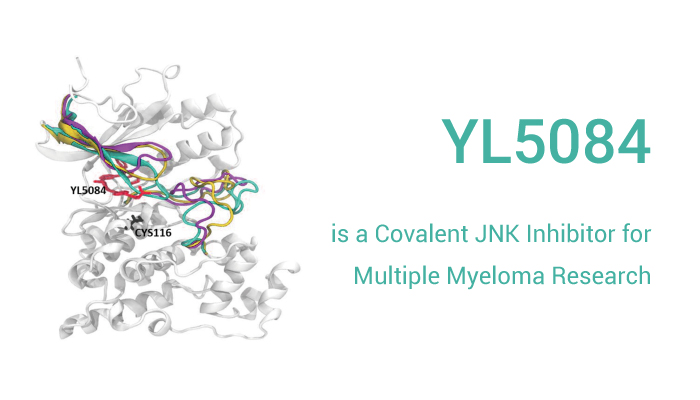JNK is involved in regulating another mitochondrial protein cytochrome c during cell apoptosis. Specifically, Smac is the second mitochondrial-derived caspase activator, which promotes cell apoptosis by activating caspase. Without NF-κB In the case of activation, prolonged JNK activation contributes to TNF-α Induced cell apoptosis. Besides, JNK is also essential for UV-induced cell apoptosis. Therefore, JNK has pro-apoptotic or anti-apoptotic functions.
Multiple myeloma (MM) is a terminal plasma cell tumor. Its growth and survival depend on bone marrow. Moreover, MM is characterized by extensive bone loss and osteolytic lesions at the medullary plasma cell tumor site. The induction of apoptosis in MM cells is related to the activation of JNK, the translocation of JNK from the cytoplasm to mitochondria, and the release of Smac from mitochondria to the cytoplasm. Furthermore, the activation of JNK is a necessary event for the release of Smac during stress-induced apoptosis in MM cells. The expression of DKK1 in MM cells is partially dependent on JNK signaling. Meanwhile, JNK inhibitors may be an effective means of inhibiting DKK1 expression and MM bone disease. Here, we will introduce a covalent JNK inhibitor, YL5084.
YL5084 is a Covalent JNK Inhibitor for Multiple Myeloma Research.
Above all, YL5084 exhibits selectivity for JNK2 and JNK3 over JNK1 with IC50s of 70 nM, 84 nM, and 2173 nM, respectively. Nonetheless, YL5084 exhibits JNK2-independent antiproliferative effects. YL5084 induces apoptosis in a JNK2-independent manner.
Next in importance, YL5084 displays dose-dependent antiproliferative effects with GR50 values of 200-300 nM in MM.1S cells. Importantly, YL5084 with 0.5, 2.5 μM for 24 h induces apoptosis. Particularly, YL5084 induces apoptosis with an increased level of PARP cleavage, an increased level of cleavage of caspase 3, and an increased level of Annexin V/PI staining.
Once again, YL5084 displays weaker inhibition against PIKFYVE (KD=5000 nM in a KdELECT binding assay) in KINOMEscan. Obviously, YL5084 has moderate metabolic stability in human and mouse microsomes with half-lives of 16 and 11 min, respectively.
All in all, YL5084 is a covalent JNK inhibitor for multiple myeloma research.
References:
Wenchao Lu, et al. J Med Chem. 2023 Mar 9;66(5):3356-3371.